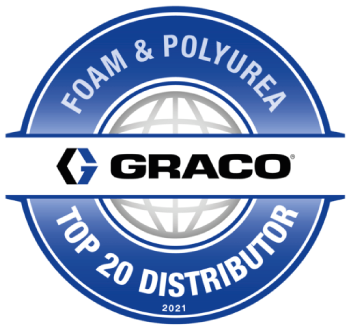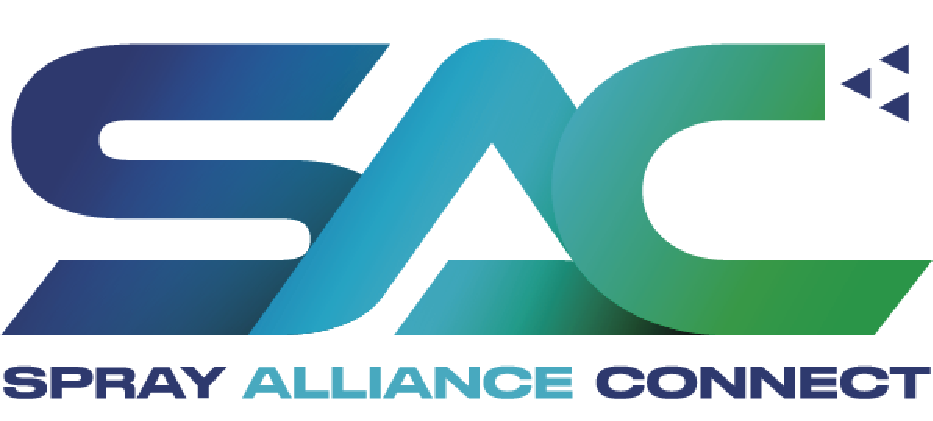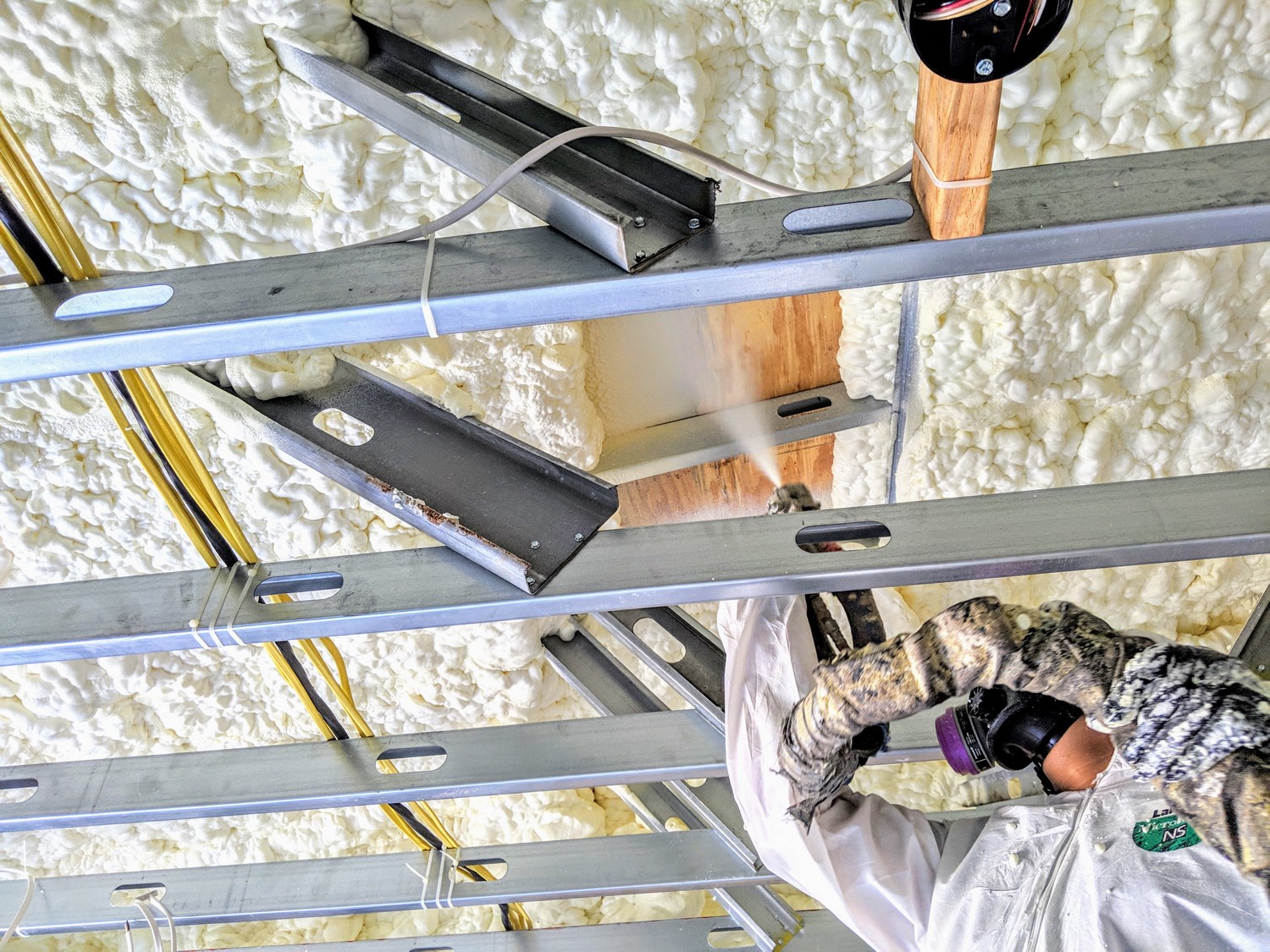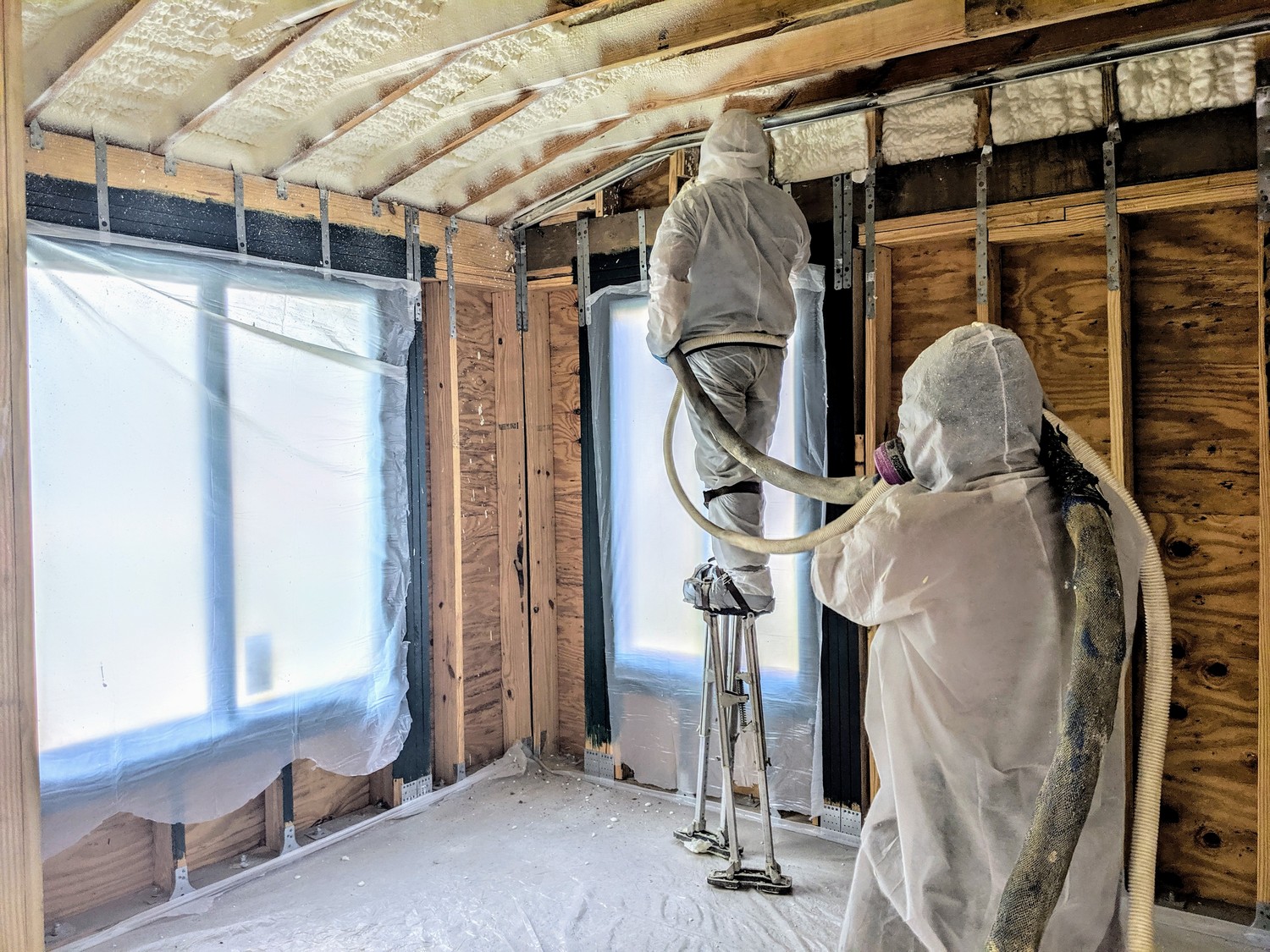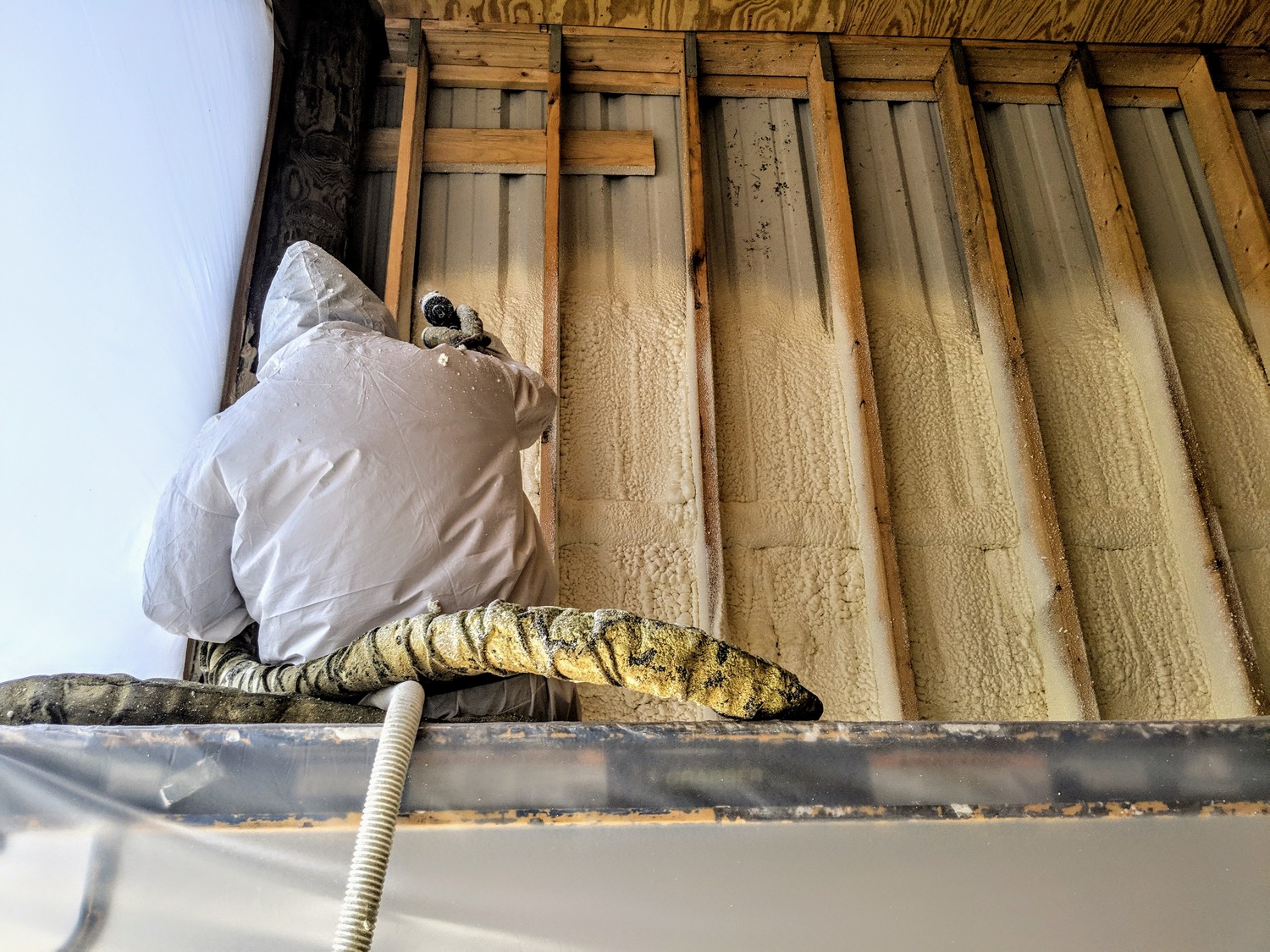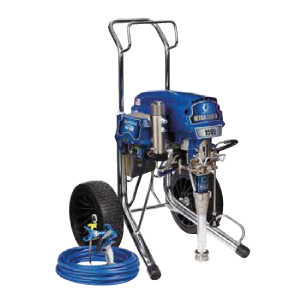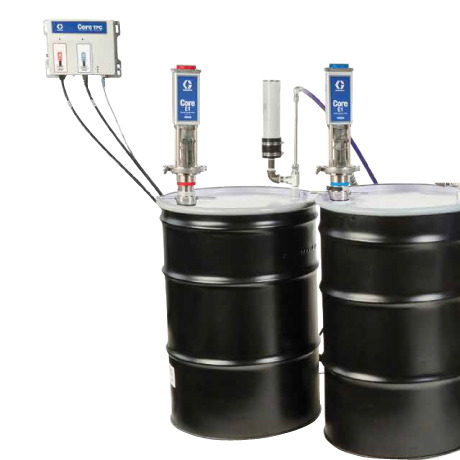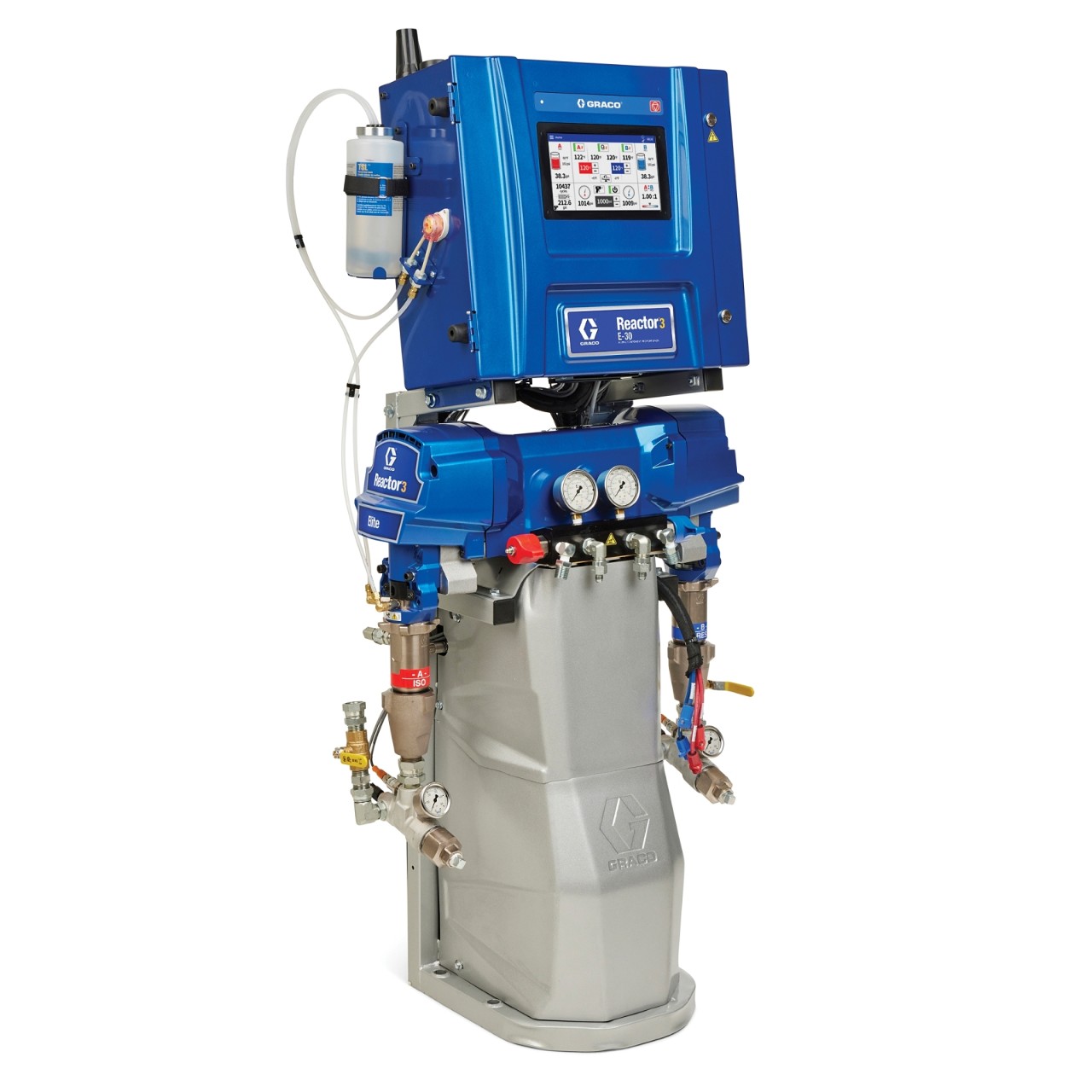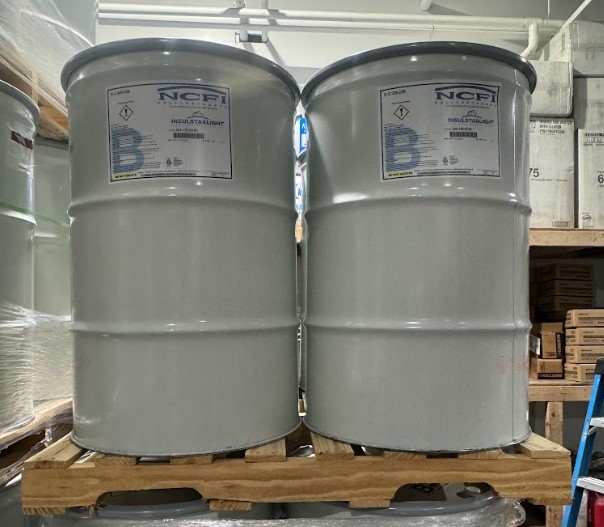Spray foam insulation has become increasingly popular among contractors due to its effectiveness in sealing gaps and providing high levels of insulation. However, like any construction material, working with spray foam insulation requires careful planning and execution to maximize efficiency and ensure optimal results. In this article, we’ll discuss some key tips for contractors to enhance efficiency when working with spray foam insulation.
1. Proper Training and Certification: Before starting any spray foam insulation project, it’s essential for contractors and their team members to undergo proper training and obtain certification from reputable organizations. This training ensures that everyone understands the correct application techniques, safety protocols, and potential hazards associated with spray foam insulation.
2. Equipment Maintenance: Maintaining spray foam insulation equipment is crucial for achieving consistent results and avoiding downtime during projects. Contractors should regularly inspect and clean their equipment to prevent clogs and ensure proper functioning. Additionally, having spare parts and backup equipment on hand can help minimize delays in case of unexpected breakdowns.
3. Surface Preparation: Proper surface preparation is key to the success of a spray foam insulation project. Surfaces should be clean, dry, and free of dust, debris, and oil to ensure optimal adhesion and performance. Contractors should also address any cracks, gaps, or structural issues before applying spray foam insulation to prevent air leakage and moisture infiltration.
4. Temperature and Humidity Control: Ambient temperature and humidity levels can significantly impact the curing time and effectiveness of spray foam insulation. Contractors should monitor these factors closely and take appropriate measures to control the environment within the application area. Using temperature-controlled equipment and sealing off the work area can help maintain ideal conditions for the insulation to cure properly.
5. Work Efficiently: Time is of the essence when working with spray foam insulation, as it expands and cures quickly once applied. Contractors should plan their workflow carefully, ensuring they have everything they need within reach and minimizing unnecessary delays. Working methodically and efficiently can help maximize productivity and reduce the risk of errors during application.
6. Safety First: Safety should always be the top priority on any construction site, especially when working with potentially hazardous materials like spray foam insulation. Contractors should provide proper personal protective equipment (PPE) to their team members and follow established safety protocols to prevent accidents and injuries.
In conclusion, maximizing efficiency when working with spray foam insulation requires a combination of proper training, equipment maintenance, surface preparation, environmental control, efficient workflow, and a strong emphasis on safety. By implementing these tips and best practices, contractors can enhance productivity, minimize waste, and deliver high-quality results for their clients.
